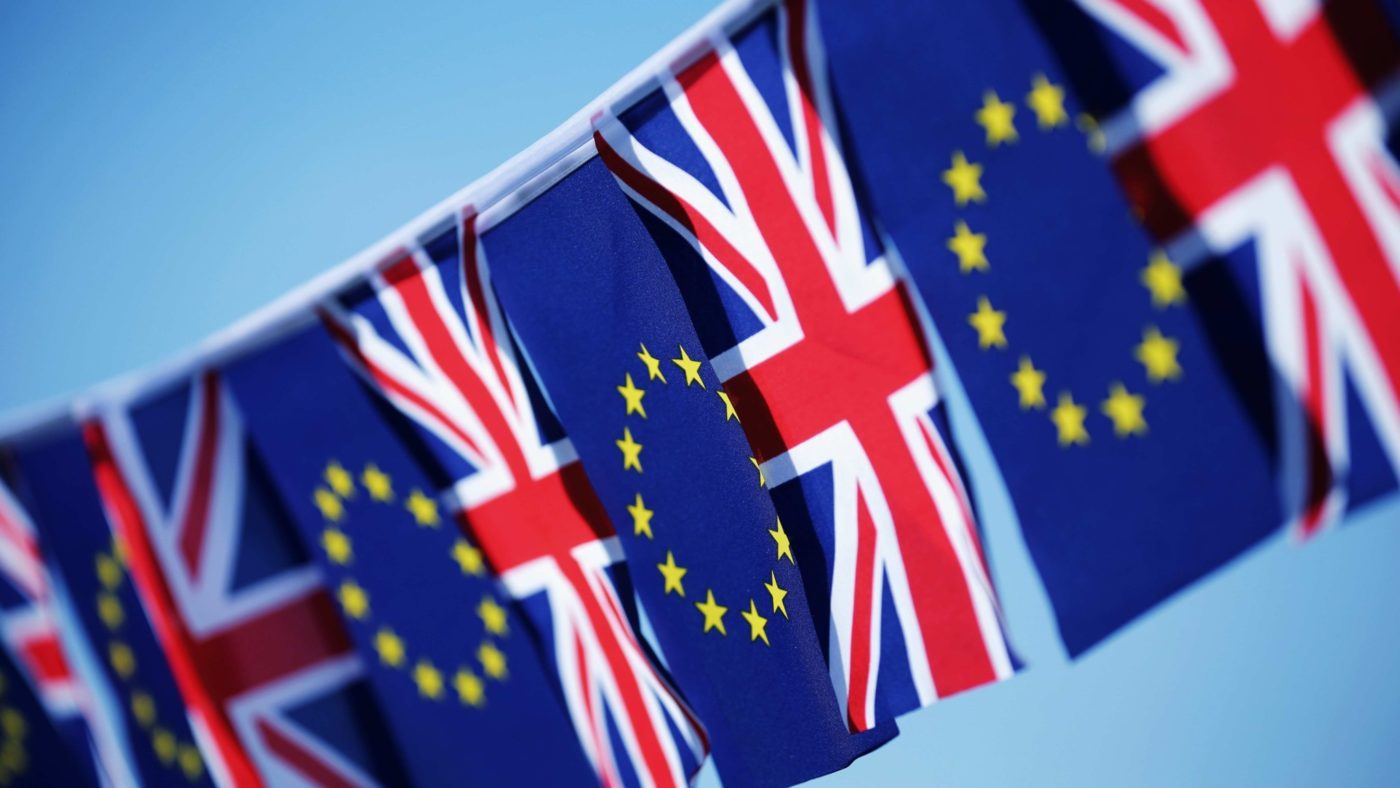The European Union continues to do its best to put the UK off ever signing a trade deal. Their latest insistence is that if there is to be a deal, the UK should subject itself to grossly expensive EU rules and regulations. Which would defeat the whole point of leaving.
What is particularly ridiculous about this suggestion is that the very argument they’re using shows that they don’t think the restrictions themselves are worth it.
The specific point being made is that the UK should not be get “unfair competitive advantages” by lowering social and environmental standards or taxes.
Which is all interesting, don’t you think? For if, say, a lower corporation tax rate provides a competitive advantage then a higher one must be making the people poorer by hobbling industry. No, really, this must be the case. It is only if producers are harmed in their efficiency by having to pay high taxes that they might need to be protected from those who do not.
The same applies to social and environmental standards. Holland, for example, does not have the ability to have holes in the ground, holes above the water table at least, in which to throw rubbish. That’s why none of us are allowed to use landfill any more and must recycle – so that Holland can be protected from the competition of those like us who extract more gravel and sand from holes each year than we have rubbish to put into them. And again, this shows that such recycling must be more expensive. For only those who are forced into more expensive production methods need protection from those who are not so forced.
Whatever the rules might be about maternity pay, union representation and so on must equally be costly. The very insistence that those who follow them must be protected is all we need to know to see that.
If it really were true that these rules led to a more efficient economy, or even if the people insisting upon them believed that they did, then, competition would be welcomed from all comers, wouldn’t it? Because the more efficient, more regulated, producers would win.
Of course, as we leave, such regulations can no longer be imposed upon us. Which is why the link to any trade deal that might be on offer. Brussels will not be able to hamstring our economy directly so instead insist upon tying it into trade.
It’s entirely fair that the EU, or anyone else for that matter, regulates the actual goods that are imported. Whatever the EU standards are for, say, hair combs, should be followed by anyone wishing to send combs into the EU. Just as is true for whatever it is that we send to the US, or China, or Timbuktu. But that isn’t quite what the demand is here, is it?
That, rather, is that our entire economy must be festooned with whatever continental bureaucrats think might be a nice idea. And all so that they might allow their citizens to buy our fine goods and services.
The answer to this is no. Possibly an Anglo-Saxon two-fingered no.
From my point of view at least the reason to leave the EU is to spring free of that system of regulation in the first place. And reimposing it so that Cornish pasties are cheaper to Germans really doesn’t strike as a valid argument.
Yes, of course we’d like to have a trade deal but one which demands all the things we’re escaping would be a bad one. And, as quite a number of people have noted, a bad deal is worse than none. The default, if we agree to nothing else, is WTO terms and that’s a better deal than this offer. For at least that, as Patrick Minford has been pointing out all these years, allows us to trade freely with the rest of the world, to do what we so successfully did in 1846 – declare unilateral free trade.
As I have pointed out before there is only one trade treaty that makes any logical sense at all:
1.There will be no tariff or non-tariff barriers on imports into the UK.
2.Imports will be regulated in exactly the same manner as domestic production.
3.You can do what you like.
4.Err, that’s it.
And a very Churchillian gesture to the idea that, because the EU is determined to hobble its economy, we must do the same to ours.


